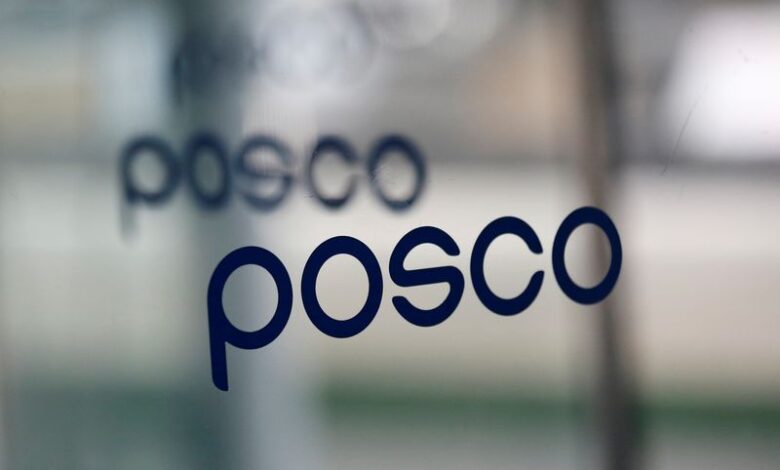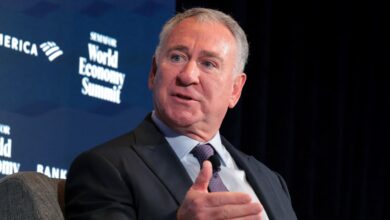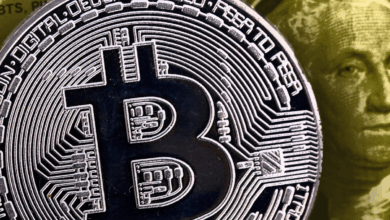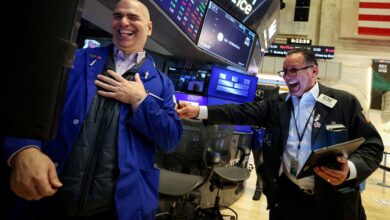Hyundai Steel’s $6 billion US investment draws investor ire, tests Seoul’s tariff strategy

Hyundai Steel Faces Investor Scrutiny Over $6 Billion U.S. Investment Plan
By Heekyong Yang and Hyunjoo Jin
In late March, Hyundai Steel found itself under intense scrutiny from investors following the announcement of a $6 billion investment in the U.S. The South Korean steelmaker’s shares took a hit as details of the funding for the project were lacking, prompting the company to organize a call with investors to address their concerns.
During the call, a Hyundai Steel official expressed regret that the plan was announced before all details were finalized, citing the urgency of the fast-evolving U.S. tariff situation and the political vacuum created by former President Yoon Suk Yeol’s impeachment. The $6 billion investment is part of a larger $21 billion U.S. investment package unveiled by its parent company, Hyundai Motor Group.
While some Hyundai executives and government officials are optimistic that the investment will lead to more favorable terms in tariff negotiations with the U.S., others have raised doubts about the feasibility of the plan. Questions have been raised about the location of the new plant in Louisiana, its proximity to Hyundai Motor’s existing auto plants, and the potential challenges in securing enough customers to fill the capacity.
Since the announcement of the investment, Hyundai Steel’s stock has seen a decline, reflecting concerns over weak domestic demand, competition from cheap Chinese steel, and labor strikes. Analysts have warned that the investment could further strain the steelmaker financially and may necessitate scaling back the capacity of the new plant.
Despite the challenges, Hyundai Steel remains optimistic about the demand for automotive steel in the U.S. market. The company plans to supply high-quality, low-carbon steel products to Hyundai-Kia and other U.S. customers from its planned U.S. facility. Hyundai Steel has indicated that it will fund 50% of the investment through borrowing and is in talks with potential equity investors.
The investment plan, which was announced during a White House event, has raised eyebrows for its unusual approach. Some observers speculate that the White House may be using Hyundai’s investment as a showcase of its tariff policy’s effectiveness. However, Hyundai Motor Group has emphasized that the investment is not solely about tariffs but also about meeting potential requirements for low-carbon steel.
As negotiations between South Korea and the U.S. continue, Hyundai and the South Korean government are closely monitoring policy developments and reviewing business strategies to ensure long-term profitability. While the future of the U.S. investment remains uncertain, Hyundai Motor Group remains committed to its investment plans in South Korea.
In the midst of trade uncertainties and worker concerns, Hyundai Steel faces challenges in navigating the changing landscape of global trade. As the company grapples with the impact of its U.S. investment plan on its domestic operations, it remains to be seen how the steelmaker will adapt to the evolving trade environment.
($1 = 1,425.0100 won)
(Editing by Miyoung Kim and Kim Coghill)





